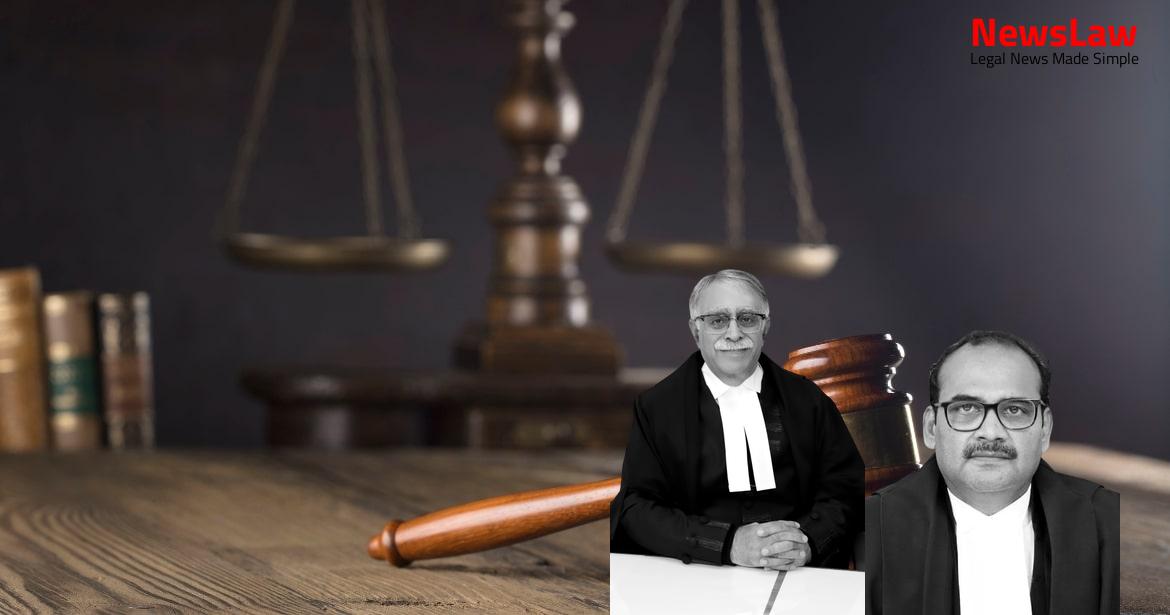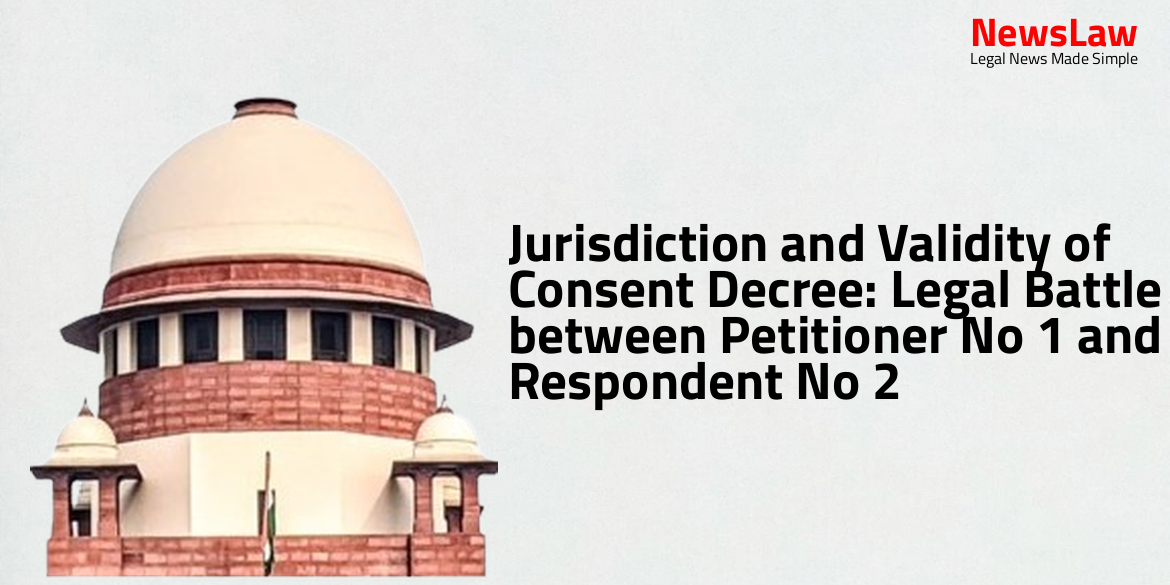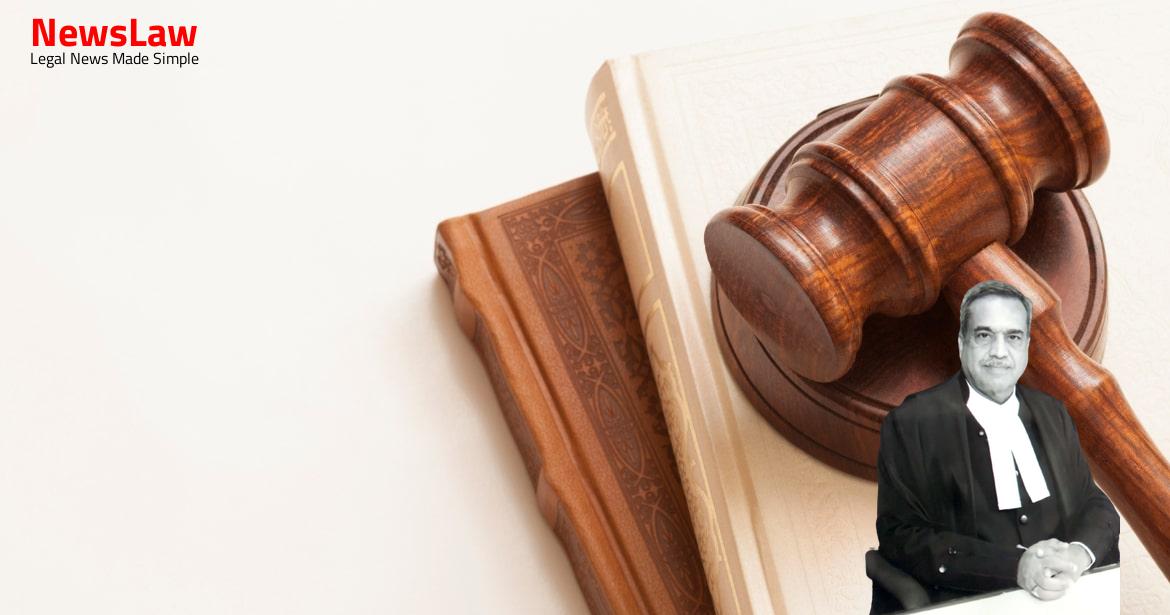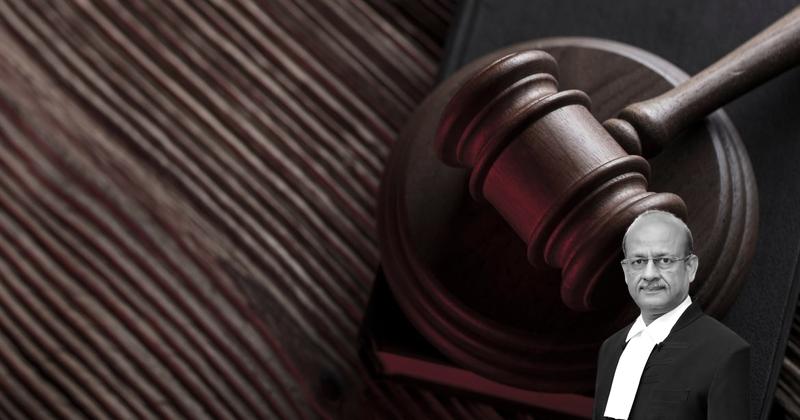In the intricate web of legal proceedings, time often plays a pivotal role, dictating the fate of cases and the dispensation of justice. The recent judgment by the Supreme Court of India in the case of Purni Devi & Anr. vs. Babu Ram & Anr. sheds light on the nuanced application of limitation laws, particularly regarding the exclusion of time spent pursuing remedies in good faith before the wrong forum. This blog delves into the significance of time exclusion provisions in ensuring fairness and equity within the legal system, and how they serve as a beacon of hope for litigants navigating the complexities of litigation.
Facts
- The case originated on 01.06.1984 when Plaintiff’s predecessors filed a suit for possession against the Defendants.
- On 10.12.1986, the suit was decreed in favor of the Plaintiff by the Munsiff, First Class Hiranagar.
- Defendants were directed to deliver vacant and peaceful possession of the property to the Plaintiff.
- Respondents challenged the decree in First Appeal before the District Judge, Kathua, which was dismissed on 09.02.1990.
- Further appeal was made to the High Court of Jammu and Kashmir, which also got dismissed on 09.11.2000, confirming the decree in favor of the Plaintiff.
- The application for execution of the decree was filed on 18.12.2000 by Plaintiff’s predecessor before the Tehsildar (Settlement), Hiranagar.
- Plaintiff filed Civil Revision No.33/2008 against this order, which was dismissed in the Impugned Order dated 09.04.2018.
- No further appeal was made after the dismissal of the revision petition.
- The Plaintiff’s fresh application for execution was dismissed by the Munsiff Court, Hiranagar, as being barred by limitation.
- The High Court observed that Article 182 of the J&K Limitation Act provides for a 3-year limitation period for filing an execution application for the first time.
- Section 48 of the Civil Procedure Code deals with subsequent applications and fixes a 12-year outer limit when execution remains unsatisfied.
- The application was required to be filed within 3 years from when the second appeal was dismissed.
- The Munsiff Court held the application to be time-barred and dismissed it.
- No discussion took place regarding the exclusion of time period under Section 14 of the Limitation Act.
Also Read: Paul v. X: Anticipatory Bail Appeal Success
Issue
- The issue for consideration is whether the period of time from 18.12.2000 to 29.01.2005, during which the execution petition was diligently pursued before the Tehsildar, should be excluded for the purpose of calculating the period of limitation.
- The main question is whether this period should be considered as part of the limitation period or excluded from it.
- The determination of whether the execution petition was filed within the prescribed time frame of 3 years or 12 years hinges on how this period is treated in terms of exclusion from the calculation of limitation.
Also Read: State vs. Periyasamy and R. Manoharan: Right of Private Defence
Arguments
- Learned counsel for the Plaintiff argued that the High Court’s reasoning on the choice of forum by the Plaintiff and exclusion of time under Section 14 of the Limitation Act is contrary to established law.
- Section 48 provides a maximum time limit for execution without specifying the period for each application.
- Plaintiff’s argument that time spent before the Tehsildar should be excluded was rejected by the High Court.
- The Impugned Order upheld the dismissal of the execution petition, stating it was well-reasoned and cannot be interfered with.
- Court emphasized that Section 14 of the Limitation Act should advance justice and not hinder proceedings.
- Precedent from Prem Lata Agarwal v. Lakshman Prasad Gupta was cited to discuss the limitation for the first execution application governed by Article 182 of the J&K Limitation Act.
- The similarity between Section 14 of the Limitation Act and the provision applicable to the former State of Jammu and Kashmir was noted.
- The need to align the State Code of Civil Procedure with a 12-year limitation period was highlighted during the revision disposal.
- Plaintiff relied on judgments in Consolidated Engg. Enterprises v. Principle Secy, Irrigation Department and M.P. Steel Corporation v. CCE for their case.
- The Tehsildar has the jurisdiction to execute decrees passed by a Civil Court.
- Submission that previous recourse to a mistaken remedy by the Plaintiff was done in good faith.
- The Plaintiff did not approach the Court with clean hands.
- Opposition by learned counsel for the Respondents to the Plaintiff’s stand.
- Plaintiff’s entitlement to exclusion of time consumed in pursuing remedy before the Tehsildar under Section 14(2) of the Limitation Act.
- Plaintiff raising the plea of Section 14 of the Limitation Act for the first time before this Court.
- Deliberate act of wilful disobedience at the Plaintiff’s end in not raising the plea of Section 14 of the Limitation Act earlier.
Also Read: Landlord-Tenant Dispute Resolution
Analysis
- The Plaintiff has met the conditions mentioned in the Consolidated Engg. case for invoking Section 14 of the Limitation Act.
- The time spent in proceedings before the Tehsildar can be excluded for the purposes of Section 14.
- The Court of Tehsildar is considered a ‘Court’ for the application of Section 14.
- Denying the Plaintiff the benefits of the decree based on technicalities would be unjust.
- The party invoking Section 14 should not be negligent, lapse, or inactive.
- The exclusion plea has been consistently raised throughout the proceedings.
- Section 14(2) of the Limitation Act provides for exclusion when proceedings are pursued diligently in a court unable to entertain it.
- Defendants’ objection that exclusion plea was not raised earlier is countered by their actions in the Second Appeal.
- The principles of ‘due diligence’ and ‘good faith’ mean absence of negligence, lapse, or inaction by the party invoking Section 14.
- Section 14 of the Limitation Act allows for the exclusion of time spent in a bona fide court proceeding that lacks jurisdiction.
- The exclusion applies to civil proceedings against the same party for the same relief.
- Time spent in a court without jurisdiction can be excluded from the calculation of limitation period if the proceeding is conducted in good faith and with due diligence.
- This provision helps to ensure fairness and flexibility in the application of limitation periods in legal proceedings.
- Section 14 of the Limitation Act is to be read as a whole and should be interpreted in a manner that advances the cause of justice.
- The judgments in Consolidated Engg. Enterprises and M.P. Steel have been consistently followed by the Court.
- The failure of the prior proceeding must be due to a defect of jurisdiction or a similar cause.
- Both the earlier and latter proceedings must relate to the same matter in issue.
- Both proceedings must be in a court.
- The time taken in diligently pursuing a remedy in a wrong court should be excluded.
- The principles of Section 14 were discussed in Consolidated Engg. Enterprises, emphasizing the need to further the cause of justice.
- The conditions for invoking Section 14 include both proceedings being civil, prosecuted by the same party, with the prior proceeding conducted diligently and in good faith.
- In the case at hand, both proceedings are civil, prosecuted by the Plaintiff, and the failure of the prior execution proceeding was due to a jurisdictional defect.
Decision
- The appeal is allowed, and pending applications are disposed of.
- The impugned orders of the High Court and Munsiff Court are set aside.
- Section 14 of the Limitation Act allows exclusion of time when prosecuting another civil proceeding with due diligence.
- Subsequent cases like Laxmi Srinivasa R and P Boiled Rice Mill v. State of Andhra Pradesh also applied the principles of Section 14.
- No evidence of mala fide intent in approaching a forum with competent jurisdiction.
- The plaintiff acted in good faith and diligently in pursuing the appropriate forum.
- The reasoning of the High Court for rejecting exclusion of time plea was found unsustainable.
- All conditions for invocation of Section 14 of the Limitation Act were fulfilled by the plaintiff.
- The period between the filing of execution application and dismissal of prior proceedings should be excluded from the limitation period.
- The execution application of the plaintiff is restored to the file of the Munsiff Court for fresh consideration.
Case Title: PURNI DEVI Vs. BABU RAM (2024 INSC 259)
Case Number: C.A. No.-004633-004633 / 2024



